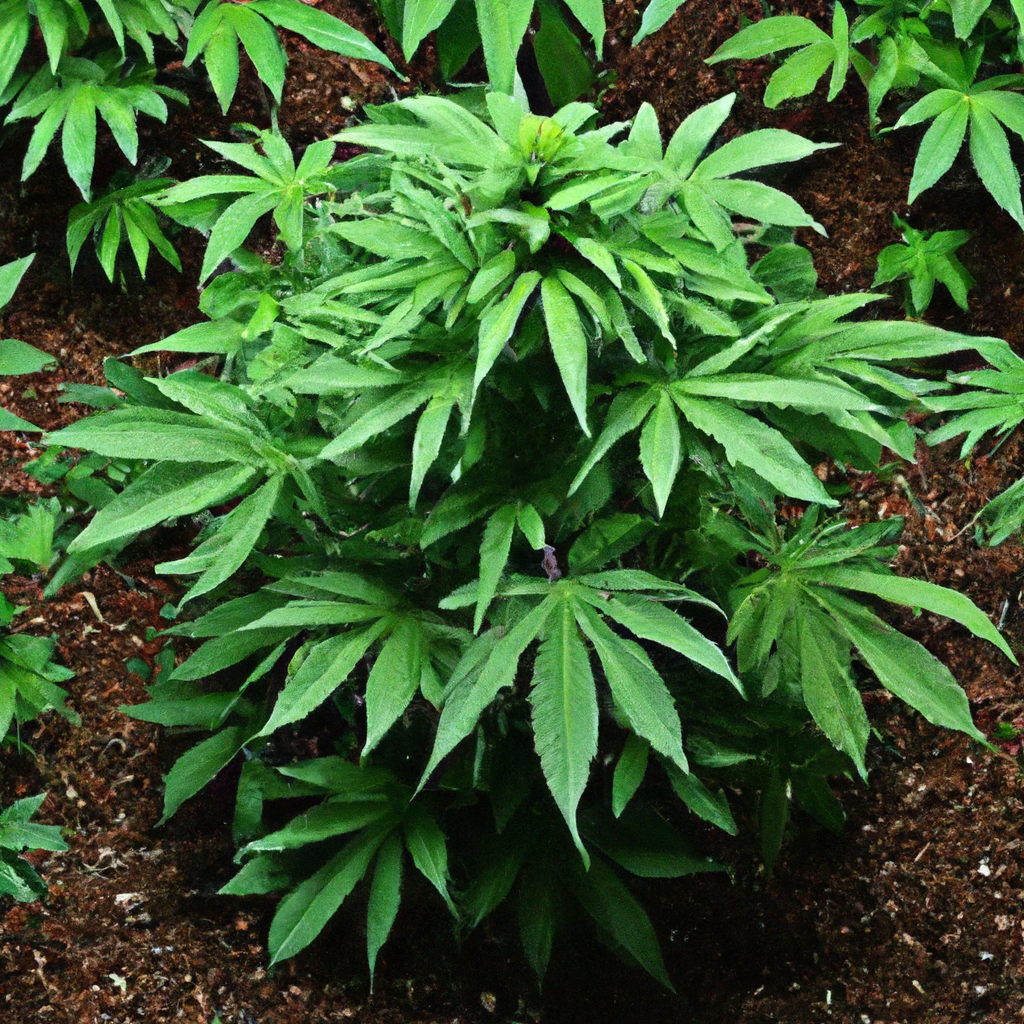Your cart is currently empty!
Growing cannabis organically is more than just a cultivation method—it’s an approach that respects and harnesses the power of nature to produce clean, high-quality yields. By avoiding synthetic chemicals and fostering a symbiotic relationship with the environment, organic cannabis cultivation supports sustainability and offers numerous benefits for both the ecosystem and the consumer. In this article, we will explore the best practices for organic cannabis growing and how you can implement these methods in your own garden.
Natural Fertilizers: Feed the Soil, Not Just the Plant
In organic cultivation, the focus shifts from merely feeding the plant to nurturing the entire soil ecosystem. This holistic approach ensures that the cannabis plants receive balanced nutrition naturally. Here are some considerations:
- Compost: Make your own compost to enrich soil fertility. It is packed with vital nutrients and beneficial microbes.
- Manures: Use animal manures that have been properly composted to prevent issues with pathogens.
- Plant-based Fertilizers: Utilize alfalfa meal, fish emulsion, and seaweed extracts for additional nutrients and trace elements.
Building Healthy Soil Ecosystems
Healthy soil is the cornerstone of successful organic cultivation. Building a rich soil ecosystem supports robust plant growth and resilience. Here’s how you can enhance soil health:
- Beneficial Microbes: Introduce mycorrhizal fungi and beneficial bacteria to improve nutrient uptake and soil structure.
- Soil Compaction: Avoid compacting the soil, which can damage root systems and reduce aeration.
- Cover Crops: Use cover crops during off-seasons to restore nutrients and prevent erosion.
Sustainable Pest Control Methods
Controlling pests organically involves understanding the ecological balance rather than resorting to synthetic pesticides. Here are some effective strategies:
- Companion Planting: Grow plants that repel pests or attract beneficial insects alongside your cannabis plants.
- Neem Oil: A natural insecticide that can target a variety of pests while being safe for beneficial organisms.
- Physical Barriers: Use row covers or netting to protect plants from larger pests.
Conclusion: The Benefits of Organic Cannabis
Embracing organic cannabis cultivation contributes significantly to environmental sustainability. It minimizes pollution, conserves water, and restores the health of our soils. For the consumer, organically grown cannabis often translates to a purer product, free from harmful residues, offering better flavor profiles and stronger aromatic qualities. By following these organic practices, growers can ensure a responsible and rewarding cultivation experience.
Discover more from Magic Clones
Subscribe to get the latest posts sent to your email.


Leave a Reply